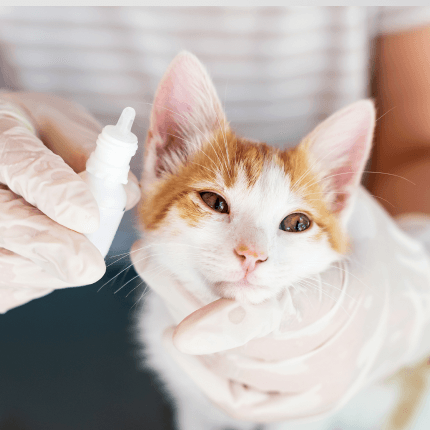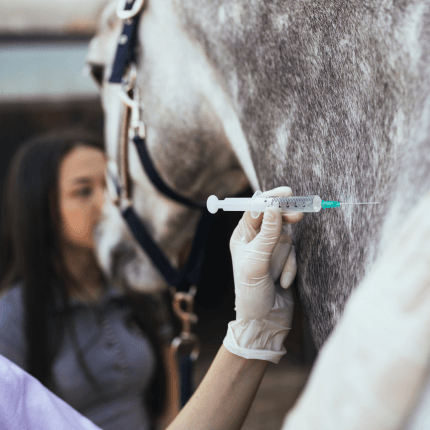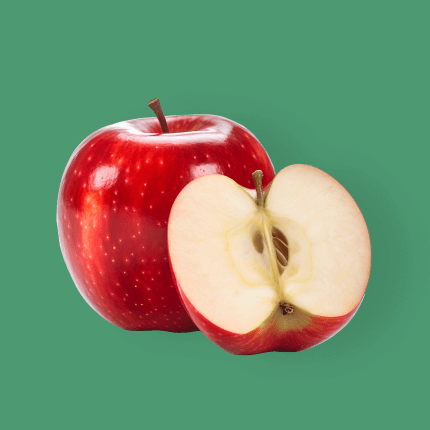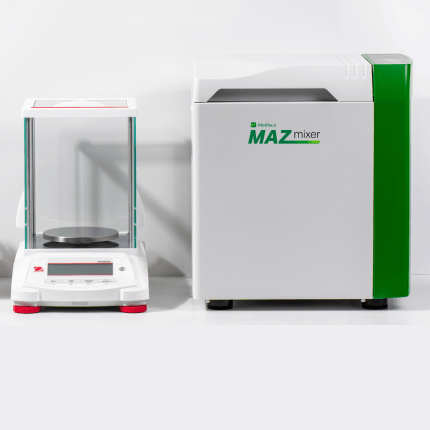Animal health
practical tools, and trusted resources so you can
work with confidence and compliance.
The future of animal
health is personalized
Veterinary professionals care for millions of animals across Canada each year. In 2024, the country was home to approximately 7.2 million dogs and 8.2 million cats, along with many other companion and working animals.¹ ² Many animals today have needs that are not fully met by standard medications or over-the-counter (OTC) products.
Pharmaceutical compounding bridges this gap by creating customized medications tailored to an animal’s size, species, condition, and preferences. From flavored chewables for selective pets to precise dosing for exotics, compounded medications improve compliance and outcomes. With Medisca as your veterinary compounding partner, you have the tools to deliver the personalized care every animal deserves.

Shop by route
Access resources
No stress,
flavor for success
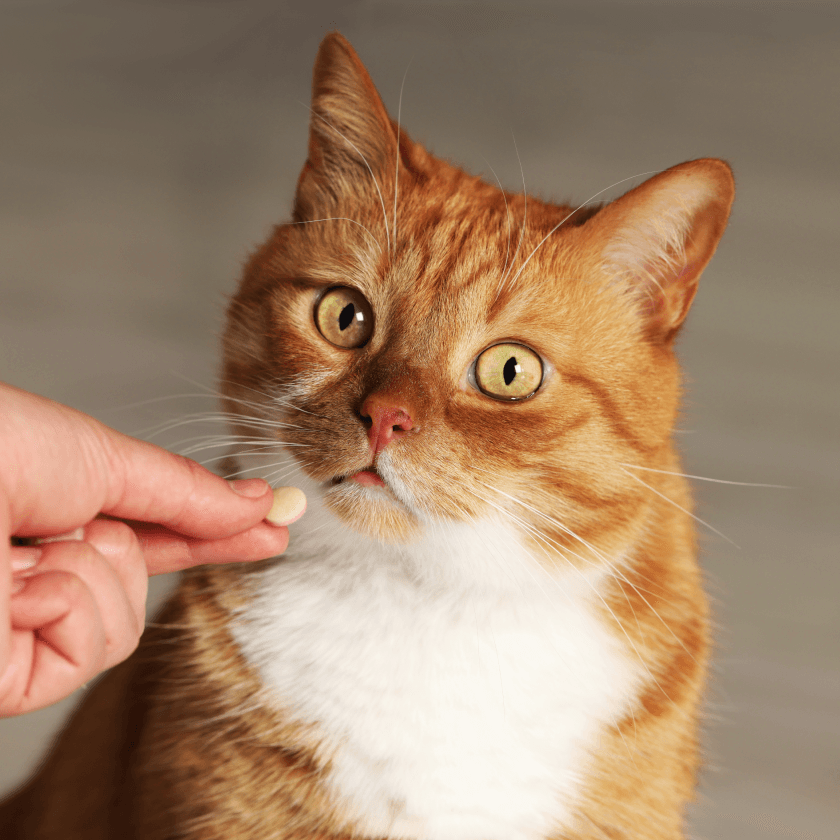
Shop flavors
Base
favourites
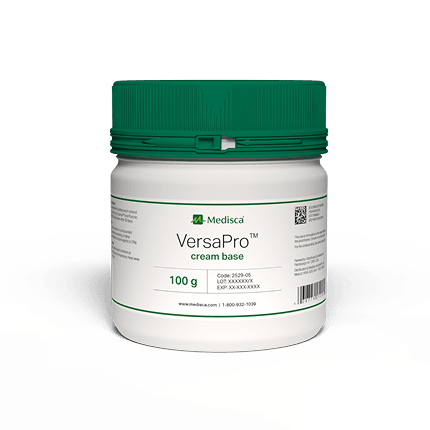
Shop chemicals
Equip your
pharmacy lab
Our portfolio of more than 2,000 products gives you everything needed to fully stock your compounding workstation.
Elevate your expertise
Stay up to date on the latest in veterinary compounding with LP3 Network, a global leader in pharmaceutical compounding and healthcare education.
Explore more specialties
Speak to an
expert today
From regulatory compliance to expertise, we provide tailored solutions to elevate your compounding practice.
References
Canadian Animal Health Institute. (2024). Canadian pet population survey highlights the importance of access to veterinary care. https://cahi-icsa.ca/canadian-pet-population-survey-highlights-the-importance-of-access-to-veterinary-care
Government of Canada; Public Health Agency of Canada. (2015). Pet population data in Canada. PubMed Central (PMC). https://pmc.ncbi.nlm.nih.gov/articles/PMC4466835/
- Caney, S. M. A., Bessant, C., Gunn Moore, D. A., & Dean, R. S. (2022). Online survey of owners’ experiences of medicating their cats at home. Journal of Feline Medicine and Surgery. Retrieved from https://pubmed.ncbi.nlm.nih.gov/PMC10812359


